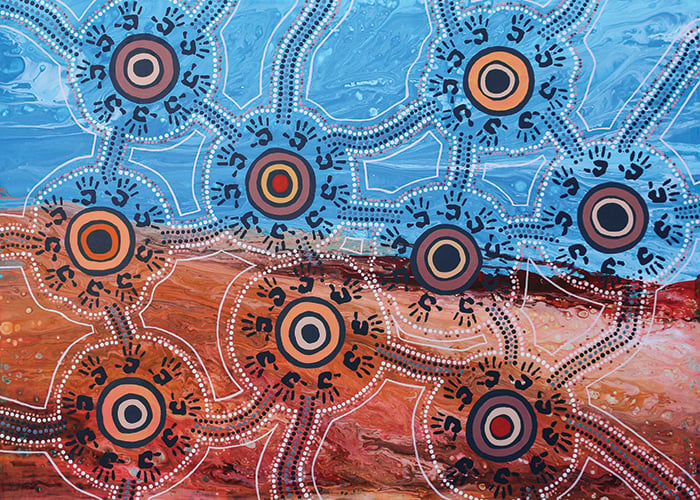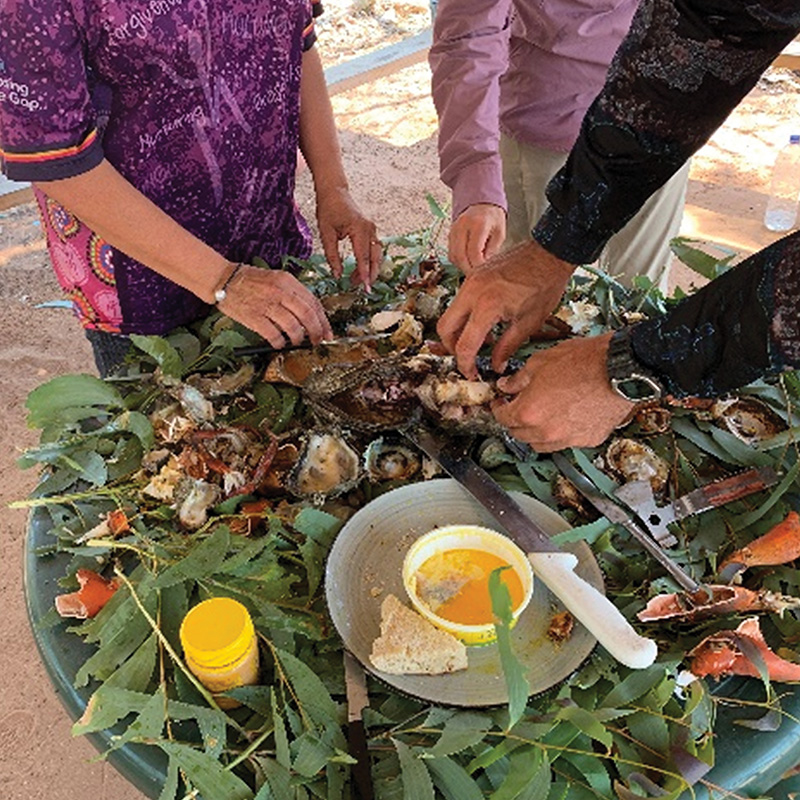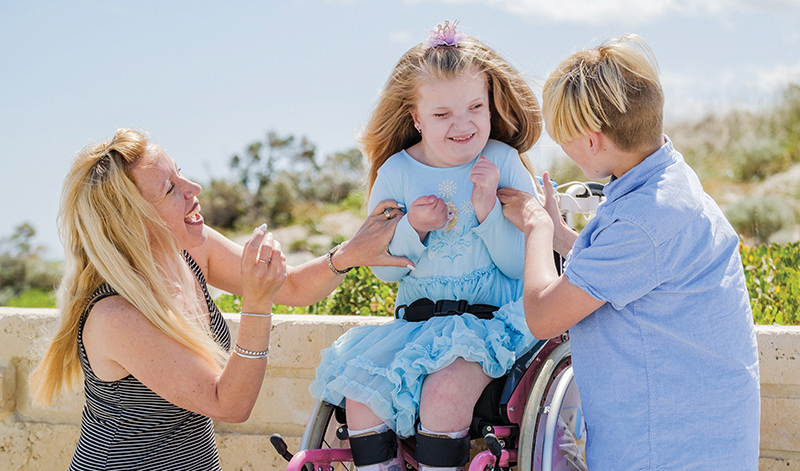Search

Hip Hop 2 SToP video It didn’t take long for shyness to make way for excitement when a group of children from Dampier Peninsula communities got

Researchers are collaborating with Community Elders to find out how bush tucker and traditional food can improve the health of Aboriginal children.

For thousands of WA children living with undiagnosed diseases, it’s hope.

The Kids Research Institute Australia disability researcher, Associate Professor Helen Leonard, played an important role in the identification of the differences that define CDD, thanks to her extensive experience researching Rett syndrome and running an Australian online database tracking Rett cases.

The Walkern Katatdjin (Rainbow Knowledge) project has produced a suite of resources to help services become more inclusive.
Research
Using a trauma informed practice framework to enhance understanding of and identify support strategies for behavioural difficulties in young people with Prader-Willi syndromeBehavioural support for young people with Prader-Willi syndrome (PWS) is necessary in home and school environments. The Trauma Informed Practice (TIP) framework has been used to support young people with complex behavioural needs in school settings. To identify parent and professional perspectives on behavioural challenges experienced by young people with PWS and strategies for supports, to inform understanding of how they are aligned with the TIP framework.
Research
COVID-19 and changes in the National Immunisation Program: a unique opportunity to optimise the Australian Immunisation Register (AIR)Christopher Blyth MBBS (Hons) DCH FRACP FRCPA PhD Centre Head, Wesfarmers Centre of Vaccines and Infectious Diseases; Co-Head, Infectious Diseases
Research
A comparison of videolaryngoscopy using standard blades or non-standard blades in children in the Paediatric Difficult Intubation RegistryThe design of a videolaryngoscope blade may affect its efficacy. We classified videolaryngoscope blades as standard and non-standard shapes to compare their efficacy performing tracheal intubation in children enrolled in the Paediatric Difficult Intubation Registry.
Research
Changes in airway inflammation with pseudomonas eradication in early cystic fibrosisNeutrophil elastase is a significant risk factor for structural lung disease in cystic fibrosis, and Pseudomonas aeruginosa airway infection is linked with neutrophilic inflammation and substantial respiratory morbidity. We aimed to evaluate how neutrophil elastase (NE) activity changes after P. aeruginosa eradication and influences early disease outcomes. We assessed participants in the AREST CF cohort between 2000 and 2018 who had P. aeruginosa cultured from their routine annual bronchoalveolar lavage (BAL) fluid and who underwent eradication treatment and a post eradication BAL. Factors associated with persistent P. aeruginosa infection, persistent neutrophilic inflammation following eradication and worse structural lung disease one year post-eradication were evaluated.
Research
Effect of Exercise Intensity on Exogenous Glucose Requirements to Maintain Stable Glycemia At High Insulin Levels in Type 1 DiabetesUnder basal insulin levels, there is an inverted U relationship between exercise intensity and exogenous glucose requirements to maintain stable blood glucose levels in type 1 diabetes (T1D), with no glucose required for intense exercise (80% V̇O2 peak), implying that high-intensity exercise is not conducive to hypoglycemia.
